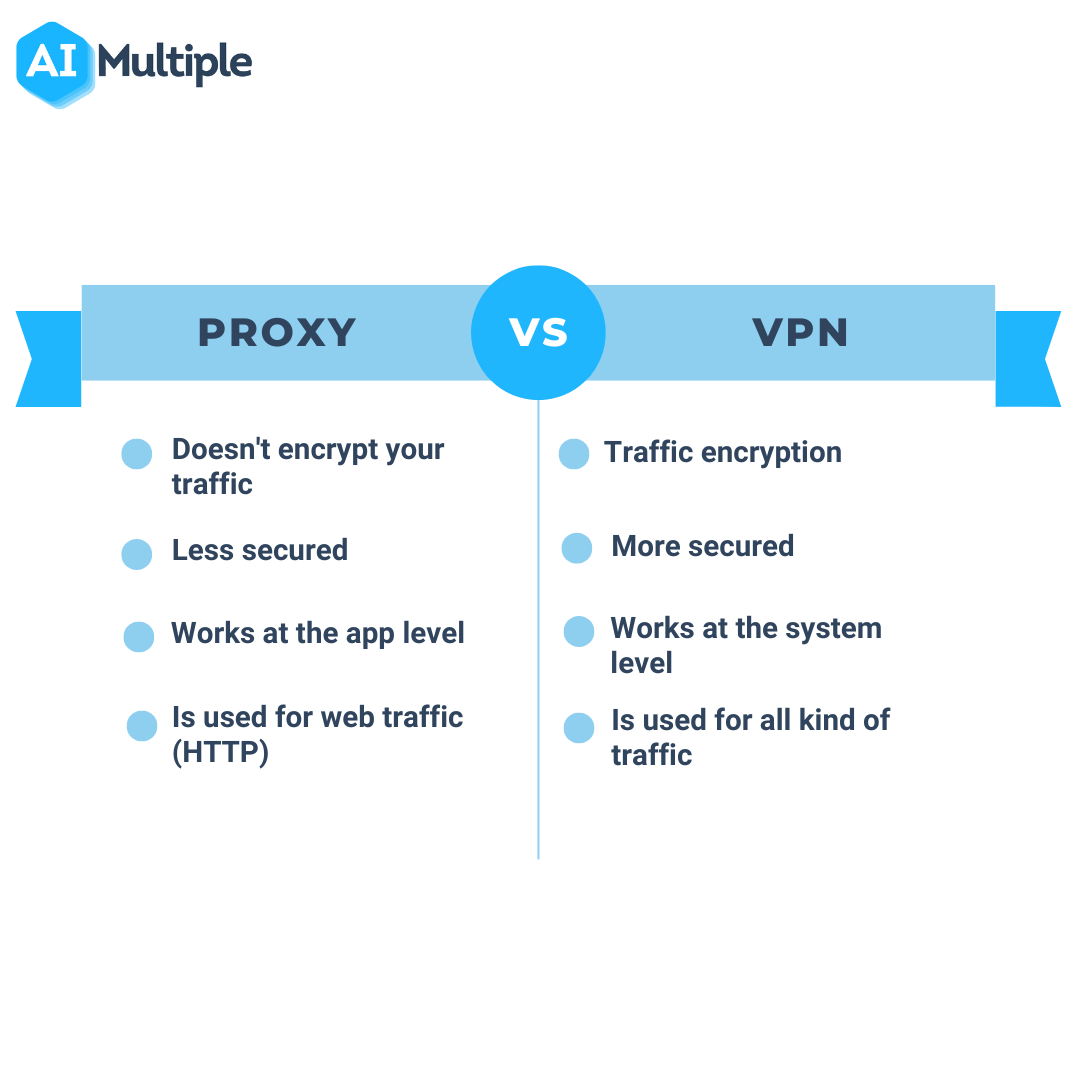Eluding Bandwidth Throttling via Proxy Servers Connections

In today's digital age, internet users are often faced with the challenge of maintaining their online confidentiality and protection. As an increasing number of people link to the web, the threat of bandwidth throttling and unauthorized data access increases. This is where proxy servers come into action, offering a solution that helps users maneuver through the complexities of the internet while safeguarding their privacy and enhancing their online experience.
Proxies act as intermediaries between users and the web, providing a layer of anonymity and safeguarding by masking IP addresses and regulating traffic. Whether you're looking to stream your beloved shows, access geo-restricted content, or simply enhance your online security, understanding how proxy servers work and their potential benefits is essential. In this article, we will explore various facets of proxies, including their distinctions from VPNs, the protection elements they offer, and the ethical considerations surrounding their utilization. Join us as we explore the world of proxies and uncover how they can help you avoid bandwidth throttling while maximizing your online potential.
Grasping Proxy Servers
Proxies act as intermediaries between your device and the web. When you attach to a proxy server, your inquiries for sites and online services are first transmitted to the proxy. The proxy then sends those requests to the intended site, retrieves the data, and sends it back to you. This procedure effectively hides your IP location, providing a level of secrecy while surfing the web.
There are multiple types of proxy servers, each fulfilling varied uses. HTTP proxies are mainly used for internet traffic, while SOCKS can handle different types of data, including email and transfers of files. Transparent do not modify your demands, while different types, such as high anonymity proxies, hide your identity more thoroughly. Understanding the variances among these types can assist you pick the best proxy for your needs.
Using a proxy server not only improves confidentiality but can also improve safety. By directing your data through a proxy, your information is less likely to be captured by cybercriminals. Additionally, certain proxies come with features like secure encryption, further shielding your details. Using these servers can be a tactical step for individuals and companies looking to protect their web activities.
Benefits of Using Proxy Servers
Utilizing proxy servers delivers numerous benefits for both users and organizations. A key of the primary benefits is enhanced online privacy. By routing your internet traffic via a proxy, your true IP address is hidden, which makes it challenging for websites and online services to track your activities to your identity. This added layer of security is essential for individuals who wish to browse the internet without being surveilled by advertisers or other third parties.
A further significant benefit is improved online security. Proxy servers can serve as an intermediary between the user and the internet, blocking malicious content and blocking access to harmful websites. This protection is essential for organizations that want to secure sensitive information and ensure their employees operate in a more secure online environment. Employing proxies also allows for the implementation of security measures like access control and content filtering, which can help maintain a protected network.
Moreover, proxy servers can boost the overall surfing experience. They have the capability to cache web pages and content, yielding quicker load times for often visited websites. This is particularly beneficial for organizations that rely on productivity, as employees can access needed resources quickly. Additionally, Visit this link enable users to overcome geographic restrictions and access blocked content, turning them into an essential tool for anyone looking to access the internet without barriers.
Proxy Servers for Online Anonymity and Protection
Proxy servers play a important role in enhancing internet privacy and safety by functioning as middlemen between users and the internet. When a user connects to a proxy, their web queries are sent through the server, hiding their original IP location. This anonymity helps prevent websites and online services from monitoring user behavior, which is increasingly important in an era where data protection is a major concern. Additionally, proxy services can screen and deny harmful material, further protecting individuals from potential threats.

One of the key benefits of using proxy services for security is their capability to encrypt data transmitted between the individual and the proxy. Have a peek here helps safeguard sensitive data from being intercepted by cybercriminals or other harmful entities. By using safe proxy servers, individuals can protect their online transactions, communications, and personal information, making it considerably harder for hackers to exploit weaknesses. This is particularly vital for companies that process sensitive information, as proxy services provide an additional level of protection against information breaches.
Furthermore, proxy servers can help users obtain geo-restricted material while preserving anonymity. Many web service providers and broadcasting platforms track individual positions and can enforce regional restrictions. By using a proxy server located in a different area, users can bypass these limitations without disclosing their real IP locations. This capability enables individuals to access a broader range of material while maintaining their online activities confidential and protected, ensuring a safer surfing session generally.
